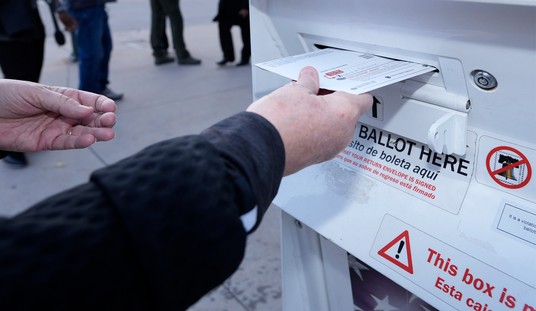This past month, the Illinois State Supreme Court determined the state’s affiliate nexus law—a law requiring out-of-state companies with advertising affiliates in the state to collect and remit sales tax—violated federal law.
In the majority opinion, Justice Anne Burke ruled that Illinois’ attempt to force collection of sales tax by out-of-state retailers based on their decision to use in-state online advertising rather than traditional print advertising represented a discriminatory taxation regime on the Internet and therefore violated the federal Internet Tax Freedom Act.
No one understands the significance of last month’s Illinois State Supreme Court decision better than FatWallet founder Tim Storm. A year after the affiliate nexus law’s introduction, Storm and his 54 employees piled into thirty-odd cars and moved from their business headquarters in Rockton, Illinois to Beloit, Wisconsin—a five mile drive across state lines.
This appeared a strange, if not foolish, business decision for Storm and FatWallet. The company spent upwards of $100,000 preparing for the move and left behind a $5 million custom-built office in Rockton. Yet, FatWallet’s bottom line depended on getting out of Illinois.
FatWallet is an online coupon community that allows users to share consumer information, deals, and even investment tips. The shopping website facilitates Internet sales by publishing coupons and deals from more than 1,000 companies ranging in size from small shops like pennywise.biz to larger companies like Amazon. Many small businesses and even individual bloggers use a business model similar to FatWallet’s, in which they run advertisements on websites to receive a commission from the sales they help generate.
FatWallet and many other companies relied on this revenue source until the affiliate nexus tax was introduced in Illinois in 2011. Under pressure from the new law, Overstock.com and Amazon, among others, immediately dropped all affiliates in the state, for maintaining relations with affiliates proved an expensive hassle for companies. According to Storm’s calculations, remaining in Illinois would have cost FatWallet 40 percent of its annual revenue.
Unfortunately, Storm’s experience with FatWallet is not an anomaly; more than 10 states have adopted laws similar to Illinois’ tax law and 20-plus states have considered adopting it. Small businesses in states like North Carolina and Rhode Island also suffered from these laws’ debilitating requirements.
E-commerce is a rapidly growing industry; 70 percent of individuals in this years’ UPS-commissioned survey prefer to shop their favorite stores online. Given consumers’ ever-evolving preferences, it is understandable that state governments are looking online to generate additional revenue. However, these affiliate nexus laws often do not meet the main objective of increasing revenue. For example, North Carolina’s tax law raised only a fraction of what lawmakers predicted and reports indicate that Rhode Island may have actually lost money after business’ mass exodus from the state.
A widely-publicized University of Tennessee study originally warned that states would miss out on $11.4 billion in revenue for the 2012 year without taxing online sales, swaying the debate in favor of the tax laws. However, Jeff Eisenach, managing director at economic research group Navigant Economics, believes the potential online sales tax revenue is roughly a third of Tennessee’s prediction—a likely case given results in North Carolina and Rhode Island.
This September, the American Legislative Exchange Council filed a friend-of-the-court brief with the U.S. Supreme Court in support of e-commerce in the case of Overstock.com, Inc. and Amazon.com, LLC. v. New York State Department of Taxation and Finance. The SCOTUS decision will undoubtedly reverberate around the states as to whether these affiliate nexus laws may continue, which in turn will have a profound impact on all aspects of Internet business. And as states wrestle with taxing the Internet—which will continue to be introduced in some state legislatures and challenged in court—one thing remains clear: real loss with little gain.
Alex Rued is the policy analyst for the American Legislative Exchange Council’s Task Force on Communications and Technology. John Stephenson is the director of the Task Force on Communications and Technology.













Join the conversation as a VIP Member